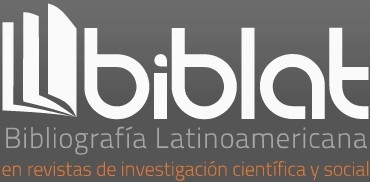Forgetting as a form of life
DOI:
https://doi.org/10.35494/topsem.1999.1.1.263Abstract
An analysis of a fictitious autobiography written by the novelist, José Emilio Pacheco, serves as a starting point for reflecting on the different types of historic discourse and allows granting a place for forgetting alongside remembering. In these discourses the historic events are constructions that find themselves subjected to different discursive rules which are a product of the choices made inside a system of narrative tensions that equally produce a rhythm in the debt of events as accessibility to the past. By means of this system of tensions, the opposition between remembering and forgetting is no longer considered antinomic in order to become the result of the tensive dominances inside a complex category of forgetting and remembering which is responsible for the diversity of historic styles. In the case of the analyzed story, the style adopted by the narrator is considered as result of a specific dominance that is imposed.
Downloads
Downloads
Published
How to Cite
Issue
Section
License

Tópicos del Seminario is licensed under a Creative Commons Reconocimiento-NoComercial-CompartirIgual 4.0 Internacional License.














